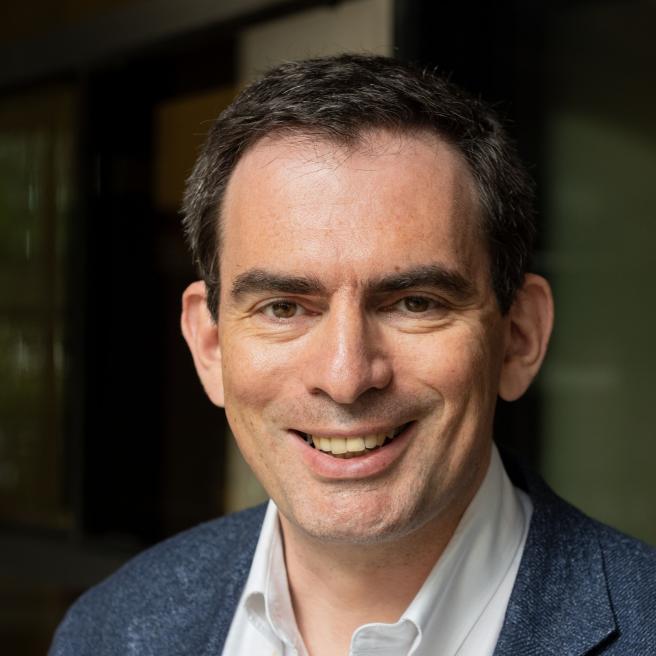
- This event has passed.
Condensed and Living Matter Seminar Series – “Optical Neural Networks for Faster AI and Superresolution Imaging”
April 3, 2024 at 3:30 PM - 5:00 PM
Although machine intelligence is taking over the world, its current digital electronic platform is very inefficient in terms of energy consumption. Switching to analogue computation, which function more like human brains than digital computers, will allow enhancing the energy efficiency by several orders of magnitude. Optics presents a particularly promising platform for analogue AI; however, significant challenges – particularly in the domain of neural network training – must be overcome before it can compete with its digital counterpart. A likely upcoming range of applications of optical neuron networks is in computer vision, as they will allow eliminating the bottleneck associated with back-and forth conversion of data between optical and electronic formats. A further benefit of optical processing is enhancing the quality of imaging. For example, it allows reaching the quantum frontier of imaging resolution beyond Rayleigh’s diffractive limit which applies to most of the modern classical imaging technology.

Dr. Alex Lvovsky
Professor, University of Oxford
Alexander Lvovsky is an experimental physicist. He was born and raised in Moscow and did his undergraduate in Physics at the Moscow Institute of Physics and Technology. In 1993, he became a graduate student in Physics at Columbia University in New York City. His thesis research, conducted under the supervision of Dr. Sven R. Hartmann, was in the field of coherent optical transients in atomic gases. After completing his Ph. D. in 1998, he spent a year at the University of California, Berkeley as a postdoctoral fellow in the Department of Physics, and then five years at Universität Konstanz in Germany, first as an Alexander von Humboldt postdoctoral fellow, then as a research group leader in quantum-optical information technology. In 2004 he became Professor in the Department of Physics and Astronomy at the University of Calgary, and from autumn 2018, a professor at the University of Oxford. Between 2011 and 2022, he was involved in establishing the Russian Quantum Center and subsequently led a research group there. Alexander is a past Canada Research Chair, a lifetime member of the American Physical Society, a Fellow of the Optical Society and a winner of many awards – most notably the International Quantum Communications award, commendation letter from the Prime Minister of Canada and the Emmy Noether research award of the German Science Foundation. His work has been featured by CBC, NBC, Wired, New Scientist, MIT Technology Review, the Guardian, TASS and even Daily Mail.
